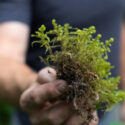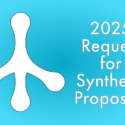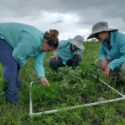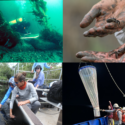LTER data offer an extraordinary level of context for site-based studies. When taken together, they also create a resource for answering questions about how ecosystems work at a larger, more integrated scale.
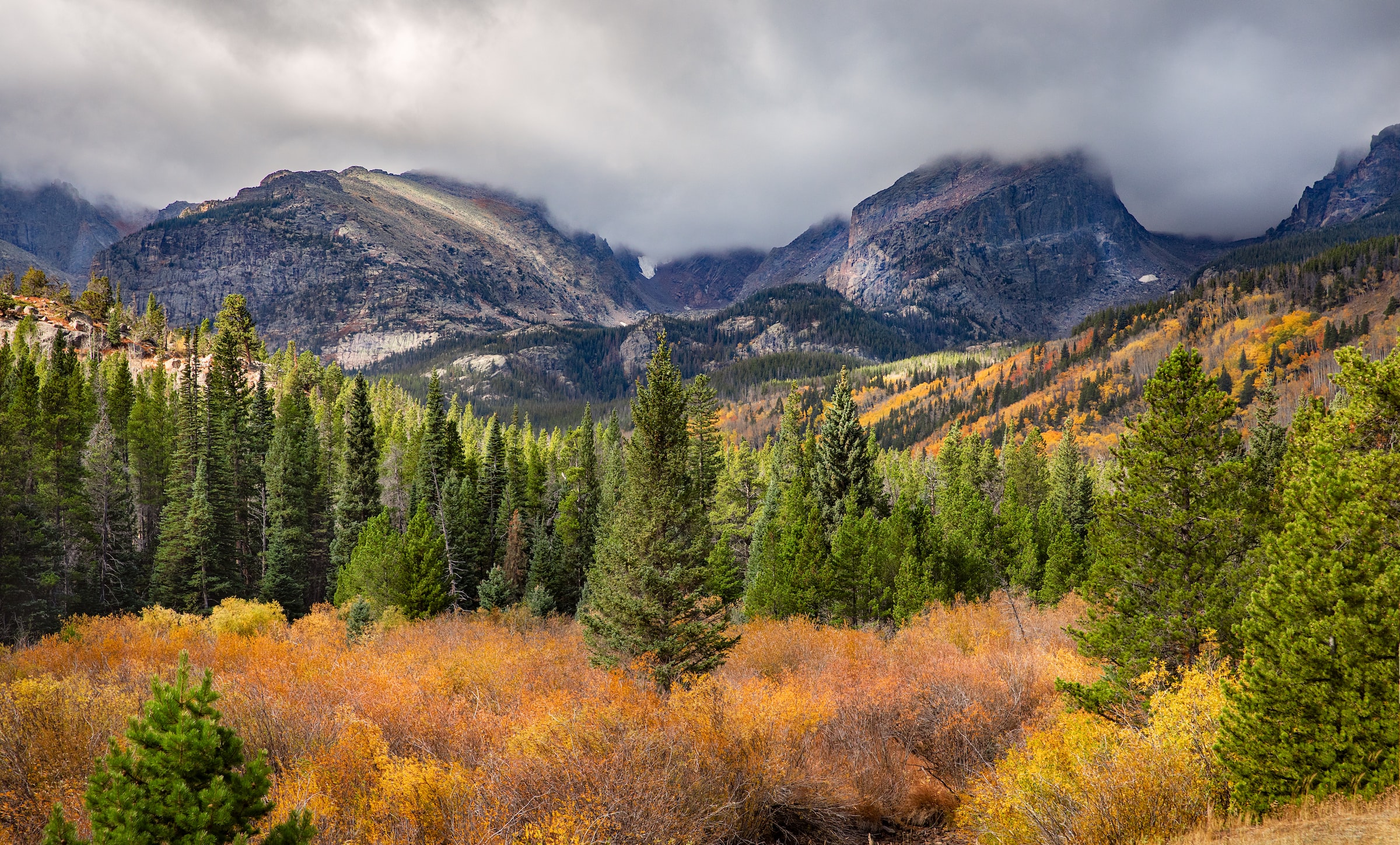
Credit: Sonja Wilkinson via Unsplash. CC BY-SA 2.0
The LTER synthesis working group process is designed to capitalize on the experiments, contextual knowledge, data, and creativity of the LTER Network.
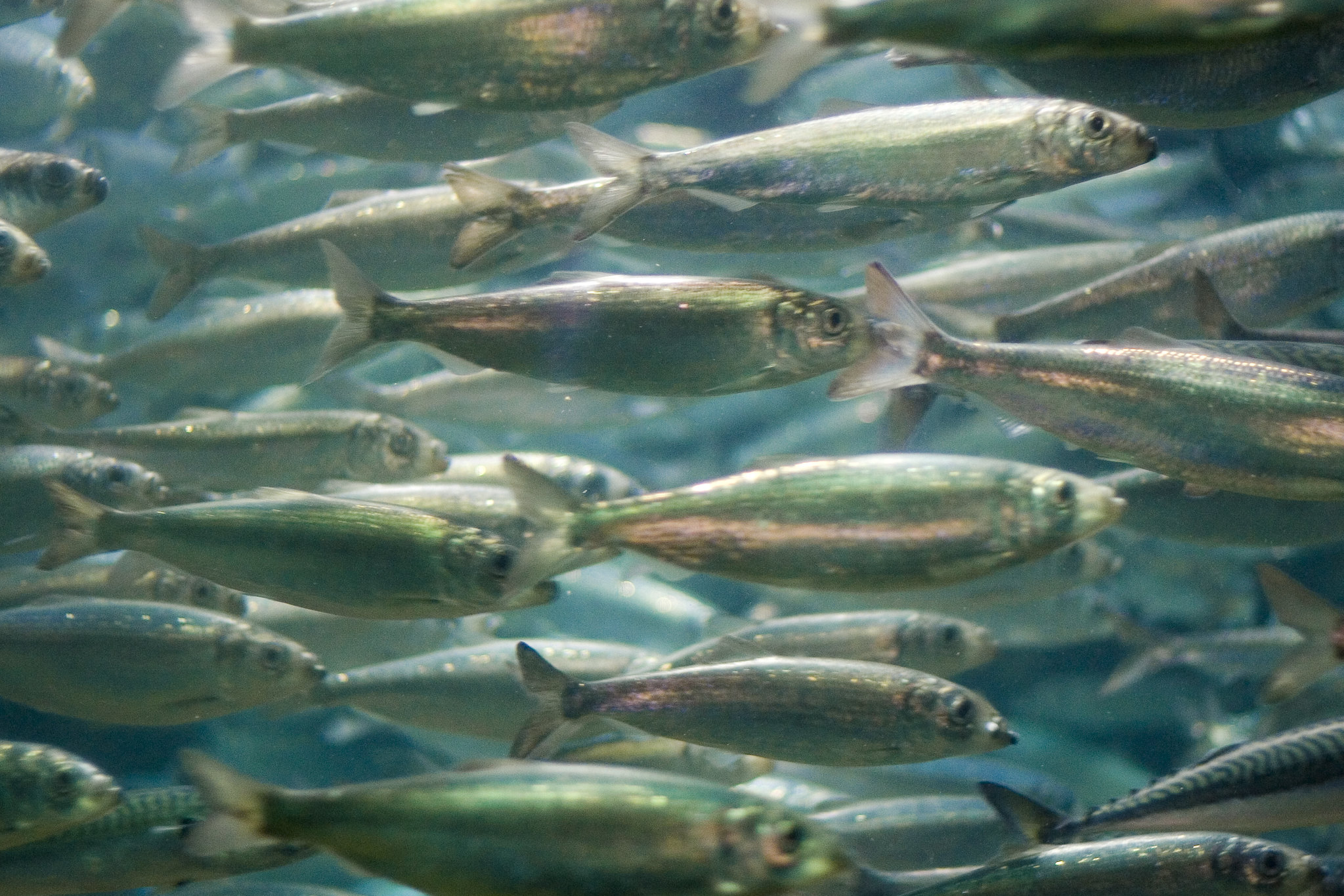
Credit: Jacob Bøtter via Flickr. CC BY-SA 2.0
By funding small groups of scientists from inside and outside the network to work intensely together on a synthesis project, the process encourages the ecological community to use existing data to probe novel theories, test generality, and search for gaps in our understanding.
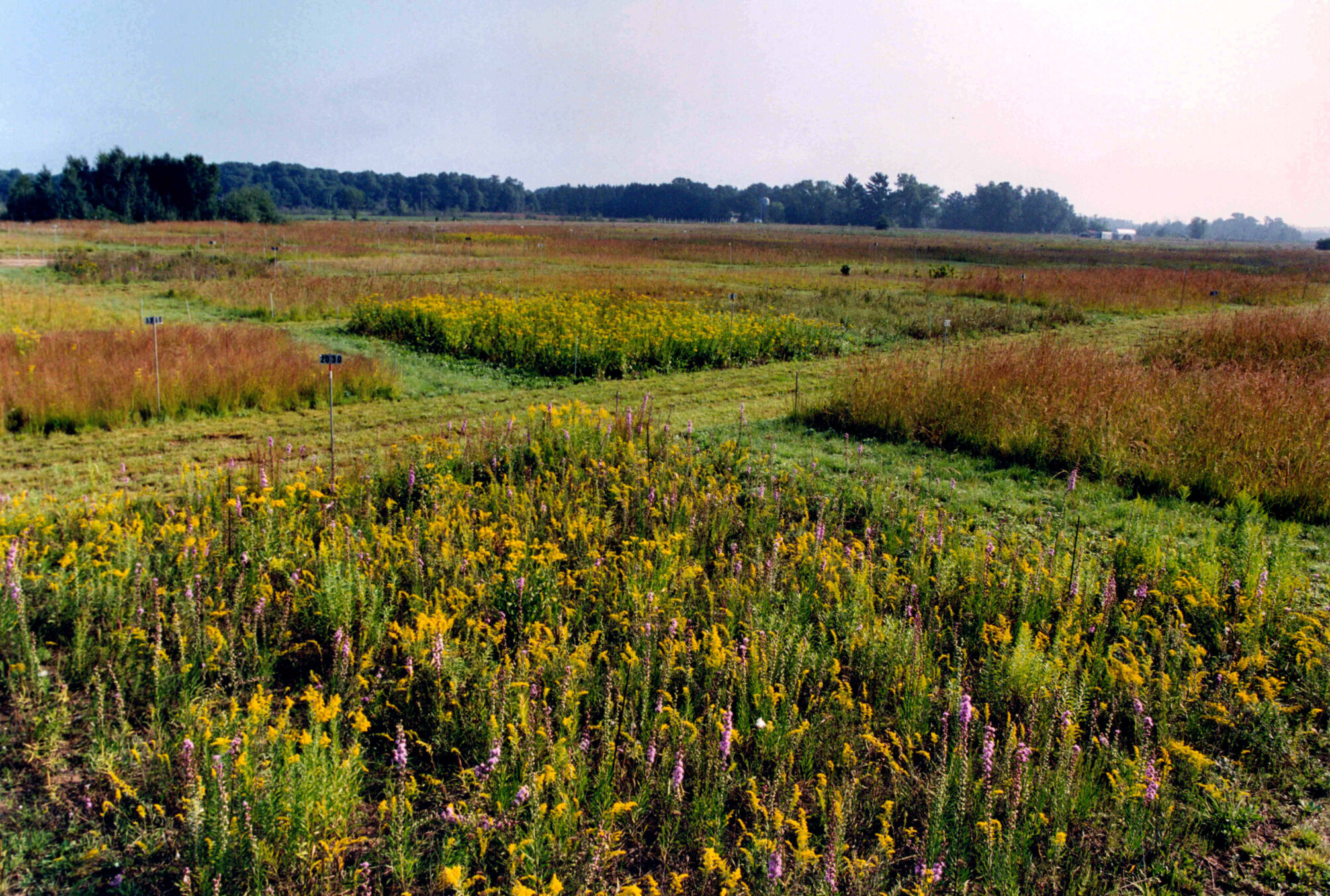
How does an LTER Synthesis working group work?
A group of like-minded researchers comes up with a novel hypothesis that can be tested with LTER and other data.
The group submits a proposal to the LTER Network Office during their annual Request for Proposals (RFP).
Once funded, the group schedules several in-person meetings at NCEAS, and before their first meeting, begins to gather data and refine their ideas.
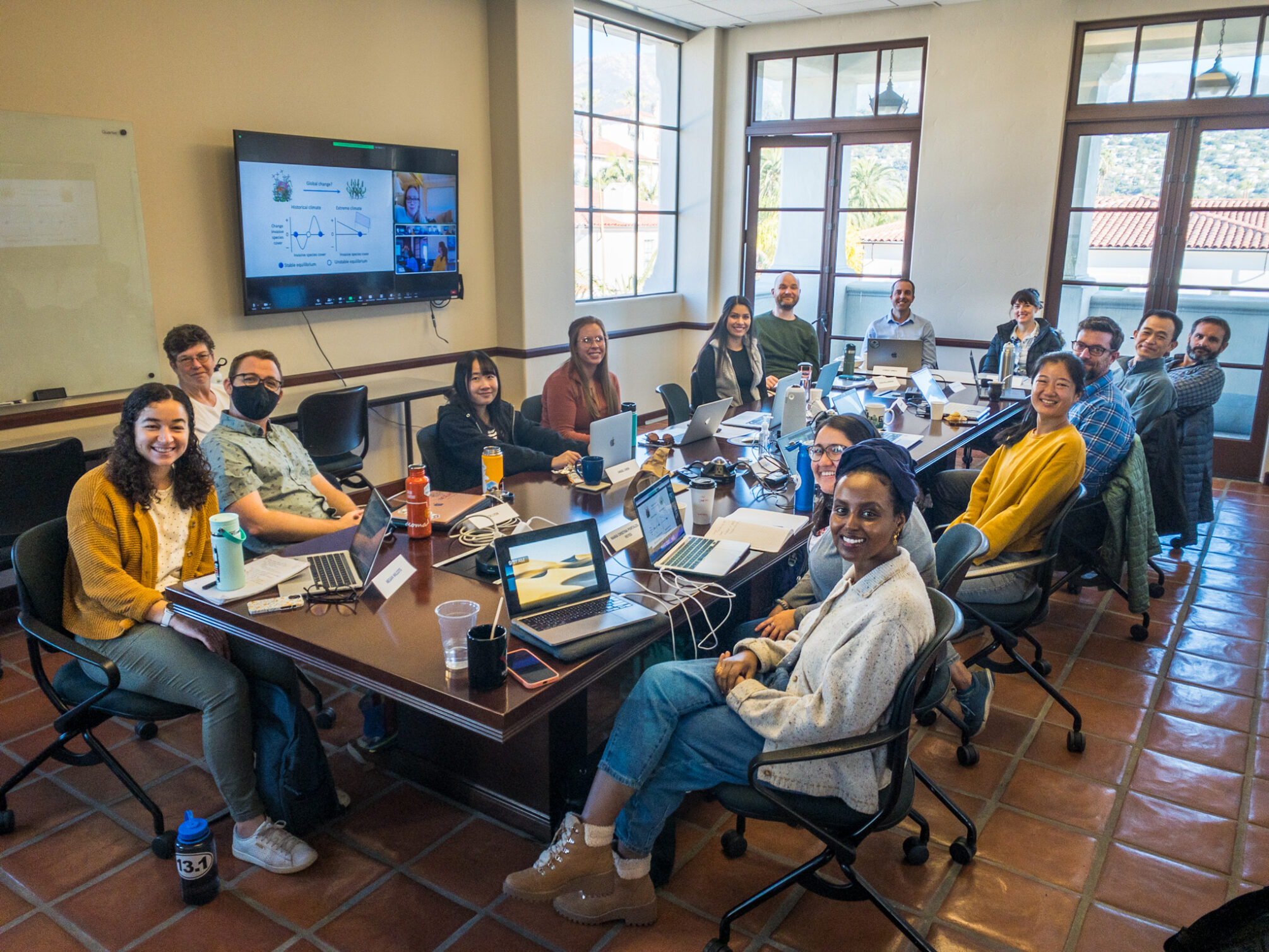
Credit: Gabriel De La Rosa, CC BY-SA 4.0
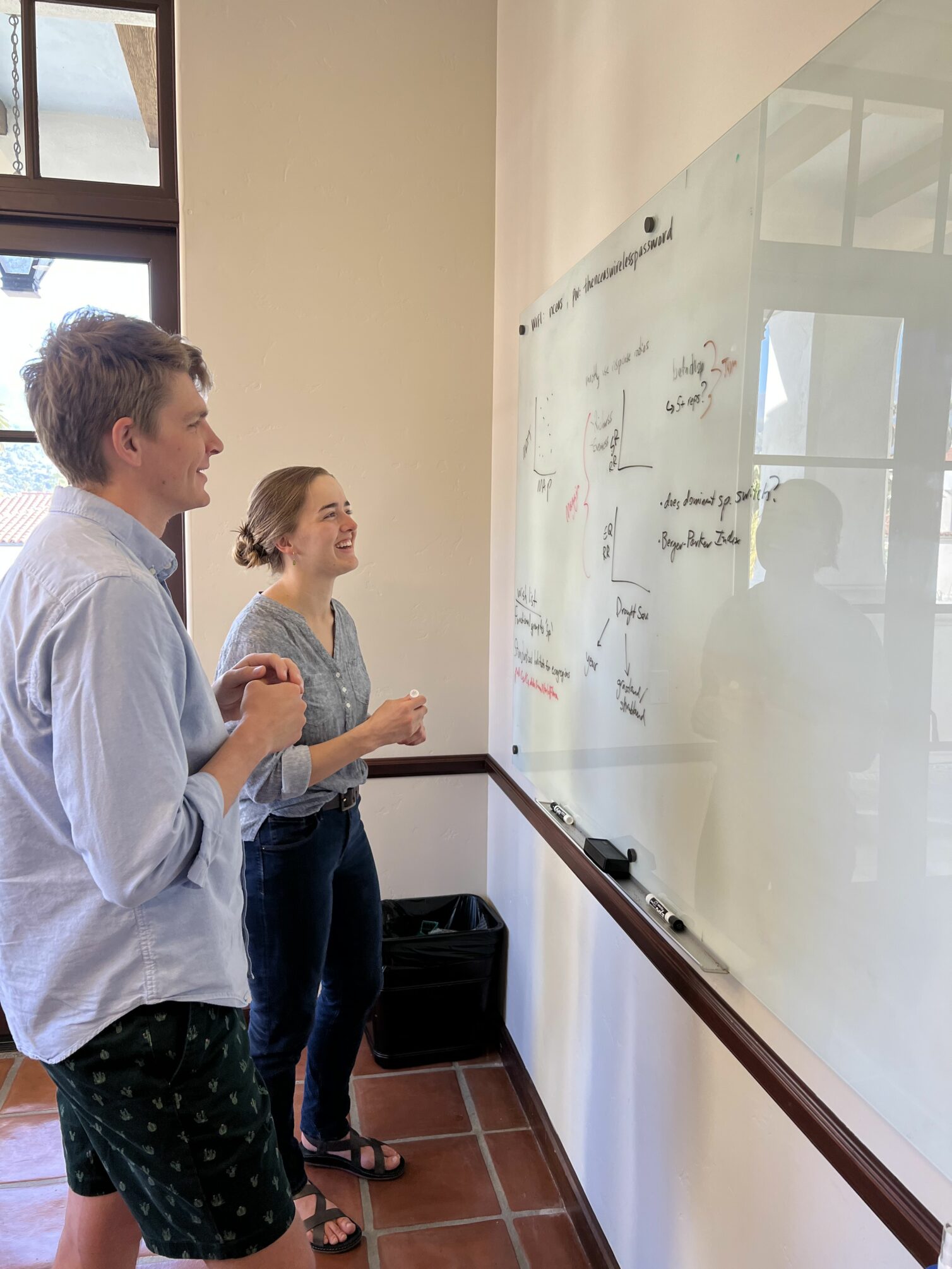
During their 4-day in-person meetings, the group hammers away at their analysis, scopes potential papers, and charts a path to publication.
Between meetings, LTER Data Analysts support ongoing analysis and synthesis group participants continue to work on code and papers.
After two years, LTER funding is exhausted. But many groups find the initial effort sparked ideas for many more publications and products—and so they keep producing new research.
Curious about progress of synthesis working groups?
The working group pages describe each group in detail, and have links to working group products.
The 2021-2022 LTER Synthesis Webinar Series presents hour-long updates from current Synthesis working groups. The schedule includes links to recorded presentations and registration for upcoming webinars.
At the 2018 LTER All Scientists’ Meeting, site principal investigators were treated to a series of short, videotaped presentations from current synthesis groups. Those presentations are now available on the LTER Network YouTube Channel.
In Spring 2018, each synthesis group gave an hour-long webinar detailing their questions, approaches and progress to-date. Please visit the Spring 2018 Webinar Series web page for links to each webinar.
Proposal Process
The LTER Network Office releases a Request for Proposals once a year. See the most recent RFP here, and keep an eye out for next year’s RFP. Please reach out to the Network Office with any questions about the process!
Other kinds of LTER synthesis
With a treasure trove of data at each site, strong place-based knowledge, and many opportunities to connect across the network, ideas for synthesis science are bound to pop up across the network. While the LTER Network Office funds several synthesis groups each year, many other synthesis projects where the LTER plays a large role are driven by outside institutions, researchers, and funding.
For example, the Hurricane Ecosystem Response Network is a Research Coordination Network where several LTER sites serve as crucial data points for hurricane effects, and several LTER researchers spearhead the project—though the funding for their efforts comes from outside the network.
Or, coordinated distributed experiments such as DROUGHTNET, FLUXNET, NEON sites, and many others, routinely include LTER sites as some of their many experimental sites, generating synthesis science far beyond the geographic reach of the LTER network. Occasionally, these experiments have spurred LTER synthesis working groups (The Flux Gradient & Drought Effects working groups, among others).

